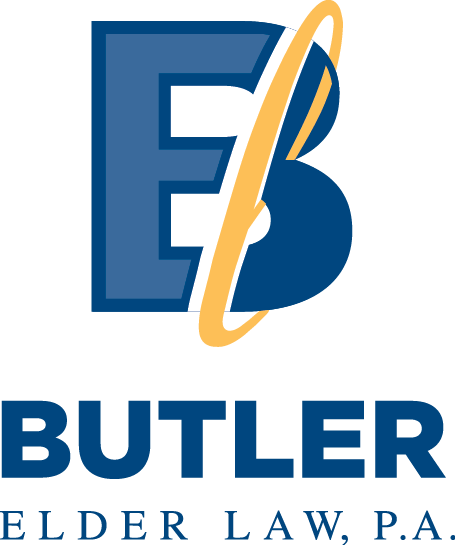ESTATE PLANNING
Can I preserve my assets if I need long-term medical or nursing care? Will I qualify for public benefits?
If I am ever seriously injured or disabled, I have certain wishes as to how to be treated. How do I make sure that these wishes are carried out?
How do I ensure that when I pass on, my money and property are distributed according to my wishes?
As I age or become disabled, I don’t want to become a burden on my family. What can I do to plan for the future?
It is these types of questions that we can address through estate planning. Estate planning is crucial to ensuring that as you age, your wishes will be carried out, your health care will be provided for, and your family will not be placed into the difficult position of having to guess at your intentions.
We work with people of all ages, ensuring that their money and assets are protected not only after death, but also during their lifetime. Estate planning explores the most efficient options for efficiently transferring your wealth to your intended heirs, as well as putting into place protections to ensure your peace-of-mind and well-being as you age.
The primary tools of estate planning are Wills, Trusts, and Advance Directives.
WILLS are legal documents that reflect your final wishes. Wills must comply with a variety of formal legal requirements to be enforceable. It names the beneficiaries of your money and property, can exclude potential heirs that you do not wish to inherit, and names the individual who you want to be in charge of administrating the distribution of your property. It can also do other things, such as give instructions for the care of your children or pets. Without a will, Florida law provides a set of default rules stating who inherits and distributes your property. This might result in persons inheriting your property who you do not want to benefit from your estate. When a person passes on, the distribution of their assets is accomplished through a formal legal proceeding called probate. The probate process can be costly, and potential heirs can cause legal challenges which could result in prolonged litigation. A solid estate plan can avoid these disputes.
In short, a TRUST is a legal entity which can hold assets and income, to be administered and distributed according to your wishes. Trusts are an important part of estate planning, as they can be created to ensure Medicaid eligibility, to provide for special needs or disabilities, to hold real estate, and for a variety of other purposes. Placing assets in trust can also avoid substantial costs associated with probating a will. Every case is unique, and we work with you to determine what trust configuration will be most advantageous to your situation. There are many types of trusts, which can be used to address different situations and achieve different results. Some of the types of trusts available include:
Medicaid Asset Protection Trusts
Revocable or"Living" Trusts
Special Needs Trusts
Family Trusts
Pet Trusts
Spendthrift Trusts
ADVANCE DIRECTIVES, such as Powers of Attorney, Health Care Surrogates, and Pre-Need Guardianship Designations are powerful estate planning tools. These documents can help specify the individuals who you want to be in charge of your affairs, medical treatment, or caring for your children, in the event of death or disability. Having these documents in place can also avoid contested guardianship proceedings, which can be costly and very stressful for family or friends trying to care for an elderly or disabled family member. It can also avoid problems such as landlords not giving access to an apartment, or a bank not giving access to a safe deposit box, to persons trying to care for an elderly or disabled family member.
Why is planning ahead so important?
Although you might have certain assumptions about what you will be able to leave your family or others, the reality is the costs of long term medical or nursing care can completely deplete your estate if you have not planned ahead. Planning ahead can help save your cash and assets, so that your life savings is not completely depleted in the event you have a disability or require long-term medical or nursing care. The primary concerns in estate planning are preserving your assets and ensuring that your wishes with regard to your health care are carried out.
Planning for the future is especially important for married couples. When one spouse is ill or becomes disabled and needs medical care, money and assets are often transferred to the healthy spouse. However, individuals are often surprised to learn that public benefits, such as Medicaid, will not pay for the ill or disabled spouse’s medical or nursing care and will force the healthy spouse to deplete his or her assets. Even for unmarried individuals who has become ill or disabled, they may find that they are unable to qualify for benefits for up to five years after giving away assets to family or friends. Situations such as this can largely be avoided through proper estate planning, which can ensure that assets are preserved while qualifying for public benefits.
An estate plan is an important investment in your future, and clients of all ages can take steps to ensure that their wishes are carried out. Contact Butler Elder Law, P.A. today to schedule an appointment to discuss an estate plan customized to fit your needs.


